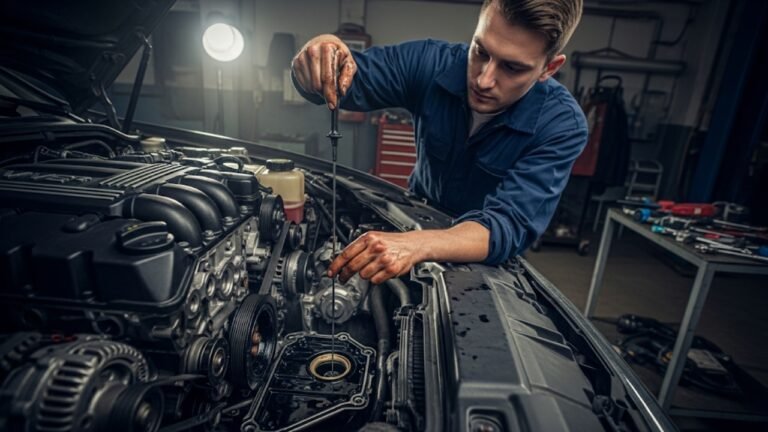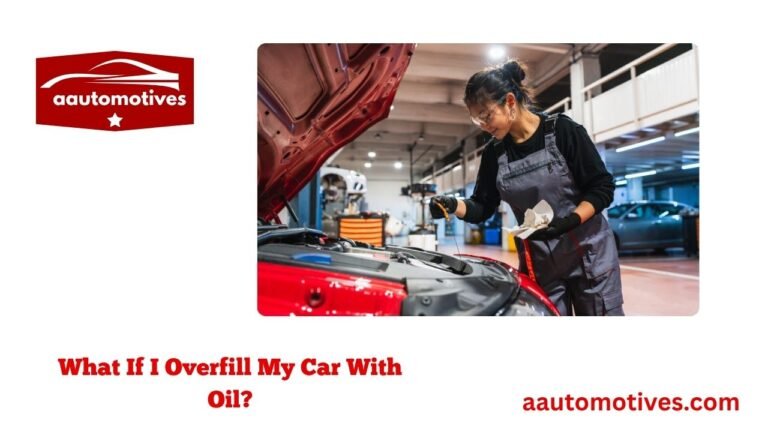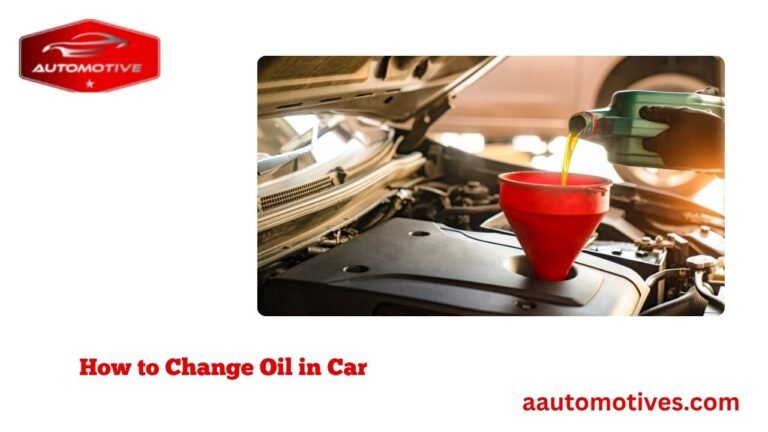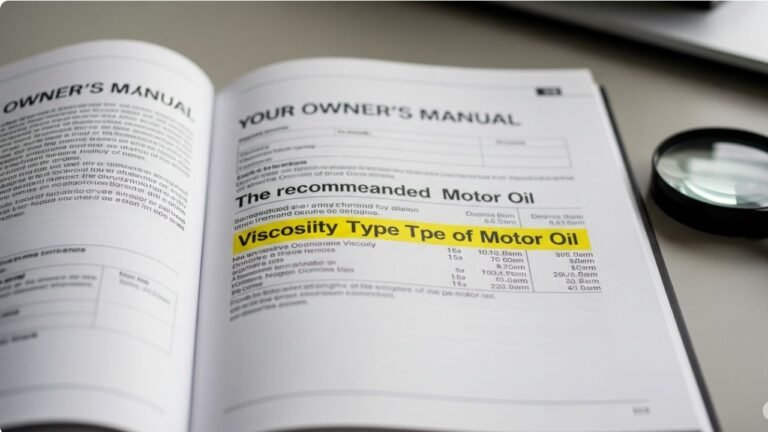Neighbors Car Leaking Oil on Street: What You Can Do
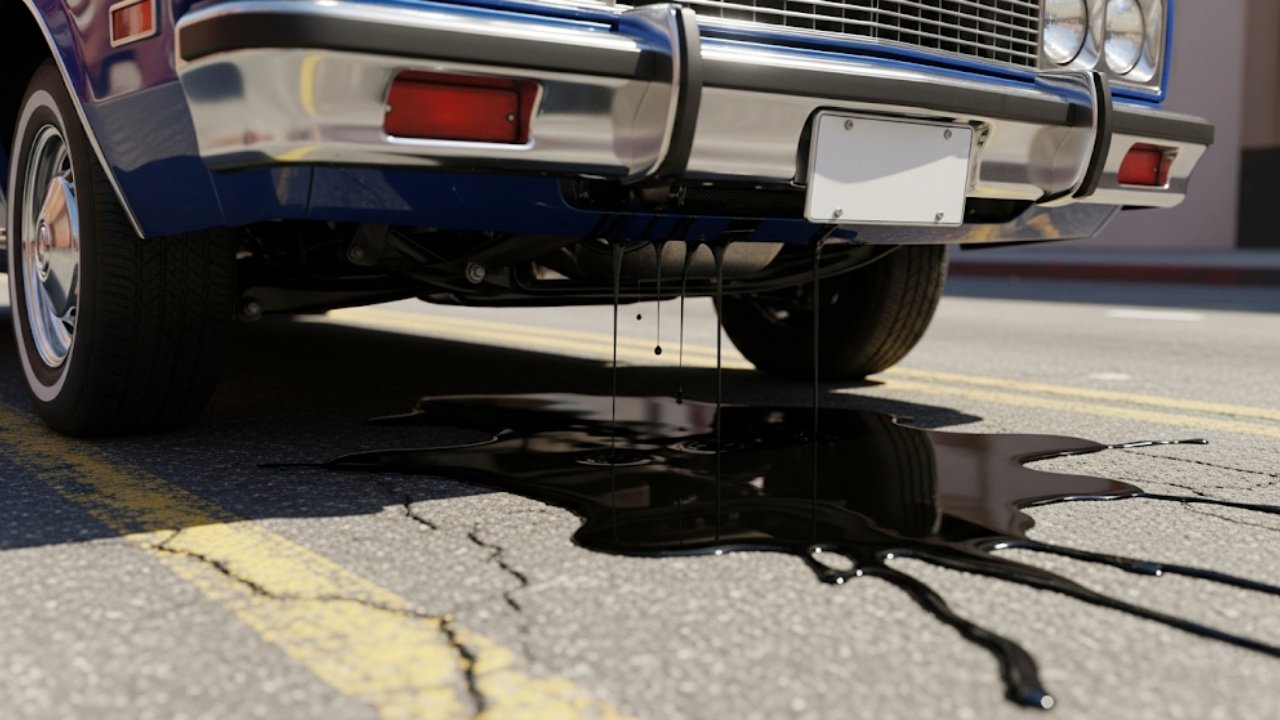
We’ve all had that one neighbor. Maybe they play loud music, or maybe they leave trash out too long. But what if the issue is something sneakier—like a neighbor’s car leaking oil on the street?
At first, it might just look like a dark patch on the pavement. No big deal, right? But then that patch grows. Day by day, it becomes a greasy reminder that someone’s vehicle is oozing its guts out onto your shared road. It starts to smell. Maybe you’ve even tracked some of it into your house or seen your dog sniffing at it. Gross.
In my case, I noticed the spot near my curb right after a rainy day. That rain mixed with oil created a colorful film across the road. It looked kind of pretty—until I realized what it meant. This wasn’t art; this was pollution.
And that’s when I knew: this wasn’t just a stain—it was a problem.
Why an Oil Leak on the Street Should Never Be Ignored

Here’s what happens when a car keeps leaking oil:
-
It destroys asphalt and causes long-term damage to the street.
-
The leaked oil can contaminate groundwater.
-
It’s harmful to pets, plants, and wildlife.
-
It creates slippery surfaces, which can lead to accidents—especially for bikers or pedestrians.
Your neighbor’s car leaking oil on the street is more than an eyesore—it’s a shared risk. And if your driveway or sidewalk gets stained? You might even have to pay out of pocket to clean or resurface it.
Is It Really Your Business If It’s Not Your Car?
Yes. Here’s why.
It’s natural to feel uncomfortable confronting someone. No one wants to be the “bad neighbor.” But when that leak is impacting your life and your property, silence becomes costly.
Ask yourself:
-
Are you paying for sidewalk or driveway cleanups?
-
Is your HOA or city giving warnings or fines?
-
Have you or someone else slipped near the leak?
-
Does the smell or sight of it stress you out?
This isn’t about being nosy. It’s about taking care of your home and your community. And when you bring it up kindly and reasonably, most neighbors respond better than you’d expect.
How to Talk to Your Neighbor About the Oil Leak
Okay, so how do you bring it up without sounding accusatory or awkward?
Here’s a strategy that’s worked for me and many others:
Step-by-Step Approach
-
Observe first: Make sure it’s really their car. Check at different times of the day.
-
Document it: Take pictures of the leak’s growth over a few days.
-
Start friendly: Approach them casually. “Hey, I noticed something I wanted to run by you…”
-
Stay calm: Don’t accuse. Just say what you’ve observed.
-
Offer solutions: “Maybe it’s just a gasket? My cousin had the same issue and got it fixed cheap.”
-
Keep notes: If it turns into a bigger issue later, your record will help.
Use empathetic language like:
-
“I’m sure you didn’t notice it.”
-
“These things happen to all of us.”
-
“Just wanted to make sure you’re aware—these stains can be tough to clean.”
Being tactful can go a long way in avoiding confrontation while still getting results.
What If They Don’t Do Anything About It?
Here’s the frustrating truth—not every neighbor takes responsibility. And if you’ve already spoken with them, waited a few weeks, and nothing changes, it’s time for the next step.
You have options:
| Action | Pros | Cons |
|---|---|---|
| Talk to your HOA or Property Manager | Fast resolution, authority involved | Might strain neighbor relationship |
| Report to the city or municipal office | Enforces local environmental laws | Takes time, may require follow-up |
| Leave a note anonymously | Low pressure, non-confrontational | Can be misunderstood |
| Contact a local environmental agency | Especially useful if near drains | Could trigger fines for your neighbor |
| Small claims court (as a last resort) | Can recoup cleaning/damage costs | Requires time, proof, and effort |
Your goal isn’t to start a war. It’s to protect your space and environment.
The Hidden Dangers of Prolonged Oil Leaks on Public Roads
When you ignore oil leaks, the damage spreads. And the longer it continues, the worse it gets.
Here’s what many people overlook:
-
Oil can seep into soil, affecting nearby trees or gardens.
-
It can damage the tires and undercarriage of your own car over time.
-
If a child or pet accidentally steps in it, they could track it into your home or get exposed to toxic chemicals.
-
During hot days, the leak creates smoke-like fumes or worsens air quality.
Think of it like mold in a wall—just because it starts small doesn’t mean it won’t spread or cause bigger problems later.
Environmental Laws That Might Be On Your Side
Depending on your city or state, there may already be laws in place to prevent this. In the U.S., the Environmental Protection Agency (EPA) and local environmental departments regulate vehicle oil disposal and stormwater contamination.
Let’s say your neighbor’s car is leaking oil right next to a storm drain—that’s a red flag. If oil enters the water system, it becomes a public health issue.
Many municipalities consider this a code violation. Some even impose fines or repair notices for repeat offenders.
Here are a few examples of where action can be taken:
-
Los Angeles, CA: Fines up to $500 for oil leakage.
-
New York, NY: Residents can report to 311 for environmental hazard investigations.
-
Dallas, TX: Hazardous spills can result in city cleanups at the owner’s cost.
Check your local city’s public works or environmental protection site for similar rules.
Ways to Clean Oil Leaks—If It’s Affecting Your Driveway
Sometimes the oil trail reaches your driveway or yard. Don’t wait—it only sets deeper.
Here are some simple home remedies to try:
Quick DIY Oil Stain Removal Tips
-
Cat litter: Sprinkle generously to absorb fresh spills. Let it sit for hours.
-
Baking soda + dish soap: Make a paste, scrub it in with a brush, rinse with warm water.
-
WD-40 spray: Apply, let sit, scrub with a stiff brush, rinse.
-
Concrete degreasers: Available at auto or hardware stores.
Pro tip: Avoid using harsh bleach or pressure washers unless you know the surface type. It might do more harm than good.
If nothing works? Consider hiring a professional cleaning service. Some will even bill your neighbor—if you have the right documentation.
Why This Is a Shared Responsibility in the Neighborhood
Living in a neighborhood is like being part of a small ecosystem. What affects one home often affects others—especially with things like your neighbor’s car leaking oil on the street. It might not seem like a shared issue at first, but over time, the impact becomes obvious.
Think of this like secondhand smoke. You might not be the one with the cigarette, but you’re still breathing it in.
When one person neglects a vehicle issue, others pay the price through:
-
Property damage
-
Decreased curb appeal
-
Potential HOA penalties
-
Environmental risks
Neighborhoods thrive when people act in each other’s best interest. Just like you wouldn’t let a fire spread from your yard to your neighbor’s fence, the same mindset applies to oil leaks. Addressing it isn’t just being responsible—it’s being neighborly.
Can Insurance Help With Oil Leak Damages?
Now here’s something many folks never think about—insurance. What if the oil leak actually damages your property? Say, your driveway starts to crack. Or your kids fall on a slick spot and get injured.
Here’s how insurance may come into play:
Homeowners Insurance
-
Usually covers accidental damages to your property.
-
May help if your driveway needs cleaning or resurfacing.
-
Could help with liability if someone slips on your walkway due to the oil.
Auto Insurance (Neighbor’s)
-
If you can prove their car is the cause and it caused physical damage, their liability coverage might apply.
-
You may need pictures, witness statements, and repair estimates.
Small Claims Court
-
If insurance doesn’t cover it, this route is for reimbursement of cleaning or repair costs.
-
Documentation is key: keep photos, repair bills, and any messages you sent to your neighbor.
But be mindful—legal routes should be last resorts. Always try talking it out first, or go through HOA or city mediation channels.
What You Can Do to Prevent Oil Leaks in Your Own Car
Let’s flip the mirror for a second. What if you’re the neighbor with a small leak and don’t even know it? Oil leaks often start small and slow, especially from the oil pan, valve cover gasket, or rear main seal.
Here’s how you can prevent future embarrassment or damage:
Maintenance Tips
-
Check under your car weekly. Look for dark spots or wet patches.
-
Get regular oil changes—old oil thickens and leaks more easily.
-
Ask your mechanic to inspect for minor leaks or gasket wear.
-
If you park in a garage, use an oil-absorbent pad or tray.
By being proactive, you not only protect your vehicle—you keep your neighbors happy too.
Simple Prevention Tools You Can Recommend (or Use Yourself)
Whether you’re helping a neighbor or protecting your own property, here are budget-friendly tools to manage oil leaks:
| Product | Purpose | Cost Range |
|---|---|---|
| Oil Drip Pans | Catch drips under cars | $10–$30 |
| Absorbent Mats | Soak up oil before it spreads | $15–$40 |
| Concrete Sealers | Protect driveways from staining | $20–$50 |
| Oil Stop Leak Additives | Helps minor seal leaks | $8–$25 |
| Cat Litter or Baking Soda | Temporary oil absorber | $3–$10 |
These tools don’t break the bank and help protect shared spaces.
FAQs: Everything You Wanted to Know About Oil Leaks and Neighbor Etiquette
1. Can I get fined if I report my neighbor’s oil leak and nothing happens?
No, you won’t get fined. If anything, the city may thank you for reporting a potential hazard. Just ensure your report is honest and backed with evidence.
2. Can I legally clean oil stains on the public street myself?
Yes, but with caution. Avoid using harsh chemicals near drains or gutters. Opt for eco-friendly cleaners. If it’s a major spill, call your local environmental office.
3. How do I prove my neighbor’s car is the one leaking?
Take photos of their car parked in the same spot where the stains appear. Check early in the morning when the ground is still fresh and undisturbed.
4. Will calling the city on a neighbor damage my relationship with them?
It depends. If you’ve tried talking and nothing changed, city involvement might be necessary. But be respectful and transparent. Try leaving an anonymous tip if you’re worried about fallout.
5. Is an oil leak a big deal environmentally?
Yes. Even small amounts of oil can pollute stormwater systems, harm aquatic life, and degrade soil. It’s not just about the stain—it’s about protecting nature.
6. What if my neighbor refuses to fix the issue and keeps leaking oil?
Escalate through formal channels: HOA, city code enforcement, or small claims court. Document every interaction and impact it causes (property damage, costs, etc.).
7. Can oil leaks devalue homes in the area?
They can. Persistent oil stains, especially on shared or visible areas, lower curb appeal and may deter buyers. It’s often the “little things” that influence real estate decisions.
8. Are oil leak repairs expensive?
Not always. Minor gasket or seal replacements may cost under $200. Ignoring them, however, leads to bigger engine damage and hefty bills.
Final Thoughts: Turning a Sticky Situation Into a Teachable Moment
Dealing with a neighbor’s car leaking oil on the street can feel tricky. But with the right mindset and tools, you can approach it with empathy, protect your property, and even encourage better habits in your community.
This isn’t just about stains on asphalt. It’s about respect, responsibility, and shared living. Taking action doesn’t make you a bad neighbor—it makes you a good one.
So the next time you see that rainbow patch of oil on the road, don’t just step around it. Speak up. Take a photo. Start a conversation. Because clean streets start with honest neighbors and mindful drivers—and sometimes, a little cat litter too.


